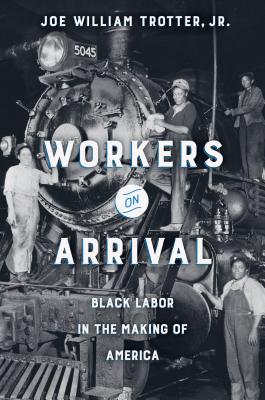Expedite your nonfiction book discovery process with Readara interviews, summaries and recommendations, Broaden your knowledge and gain insights from leading experts and scholars
In-depth, hour-long interviews with notable nonfiction authors, Gain new perspectives and ideas from the writer’s expertise and research, Valuable resource for readers and researchers
Optimize your book discovery process, Four-to eight-page summaries prepared by subject matter experts, Quickly review the book’s central messages and range of content
Books are handpicked covering a wide range of important categories and topics, Selected authors are subject experts, field professionals, or distinguished academics
Our editorial team includes books offering insights, unique views and researched-narratives in categories, Trade shows and book fairs, Book signings and in person author talks,Webinars and online events
Connect with editors and designers,Discover PR & marketing services providers, Source printers and related service providers

Workers on Arrival: Black Labor in the Making of America
History > African American & Black
- University of California Press
- Hardcover
- 9780520299450
- 9.1 X 6 X 1.2 inches
- 1.3 pounds
- History > African American & Black
- (Single Author) Asian American
- English
Readara.com
Book Description
From the ongoing issues of poverty, health, housing and employment to the recent upsurge of lethal police-community relations, the black working class stands at the center of perceptions of social and racial conflict today. Journalists and public policy analysts often discuss the black poor as consumers rather than producers, as takers rather than givers, and as liabilities instead of assets.
In his engrossing new history, Workers on Arrival, Joe William Trotter, Jr. refutes these perceptions by charting the black working class's vast contributions to the making of America. Covering the last four hundred years since Africans were first brought to Virginia in 1619, Trotter traces black workers' complicated journey from the transatlantic slave trade through the American Century to the demise of the industrial order in the 21st century. At the center of this compelling, fast-paced narrative are the actual experiences of these African American men and women. A dynamic and vital history of remarkable contributions despite repeated setbacks, Workers on Arrival expands our understanding of America's economic and industrial growth, its cities, ideas, and institutions, and the real challenges confronting black urban communities today.
Author Bio
Joe William Trotter, Jr. is the Giant Eagle University Professor of History and Social Justice and past History Department Chair at Carnegie Mellon University in Pittsburgh, Pennsylvania. He is also the Director and Founder of Carnegie Mellon’s Center for Africanamerican Urban Studies and the Economy (CAUSE), President Elect of the Urban History Association and a member of the American Academy of Arts and Sciences.
His latest publication is Workers on Arrival: Black Labor in the Making of America (University of California Press, 2019). Professor Trotter received his BA degree from Carthage College in Kenosha, Wisconsin and his M.A. and Ph.D. degrees from the University of Minnesota. He is currently working on a study of African American urban life since the Atlantic slave trade.
Dr. Trotter teaches graduate and undergraduate courses in African American and U. S. urban, labor, and working class history. He has delivered scholarly papers and lectures in a variety of professional forums in the United States and abroad, including institutions of higher education in the United Kingdom, France, Germany, Russia, the Netherlands, and the Middle East. He has served on the boards and committees of numerous professional organizations: Executive Council, OAH; Chair, Nominating Committee, OAH; OAH Program Committee; Executive Council, SHA; Program Committee, SHA; Francis B. Simkins Prize Committee, SHA; Immigration History Society Executive Board; Jameson Fellowship Committee, AHA; Program Committee, Oral History Association; chair of the annual Program Committee of the American Historical Association.
He has also served as a member and Vice President of the Board of Trustees of the H. John Heinz III Regional History Center, a Smithsonian Affiliate, and past President of the Labor and Working Class History Association.
Source: Carnegie Mellon University
Videos








Community reviews
No Community reviews

